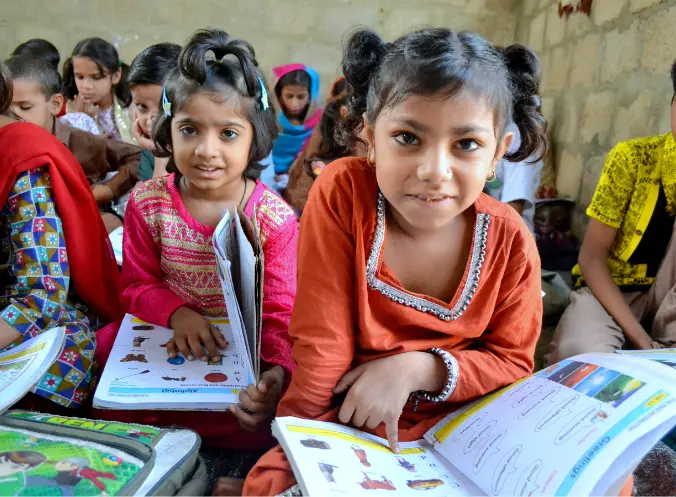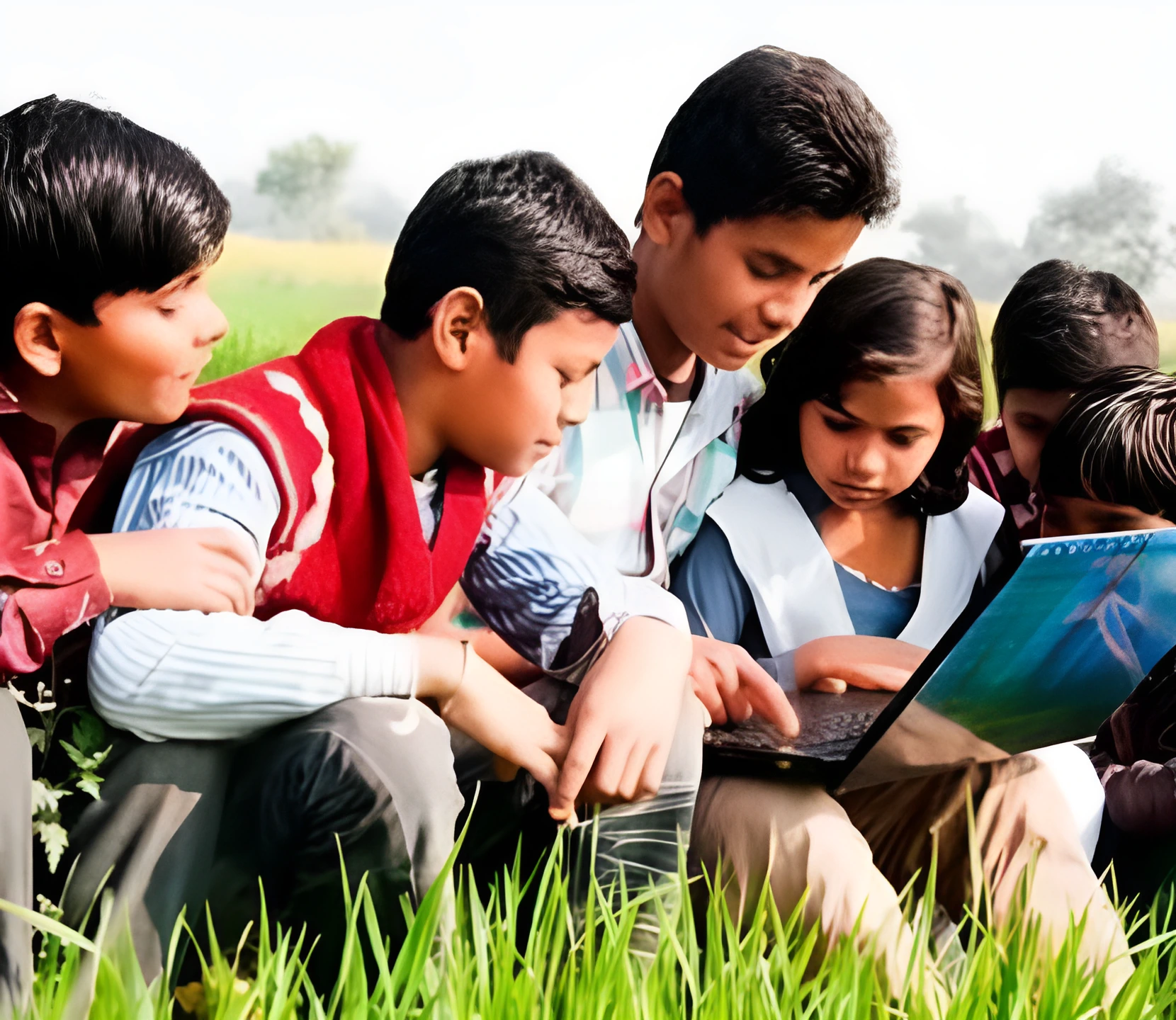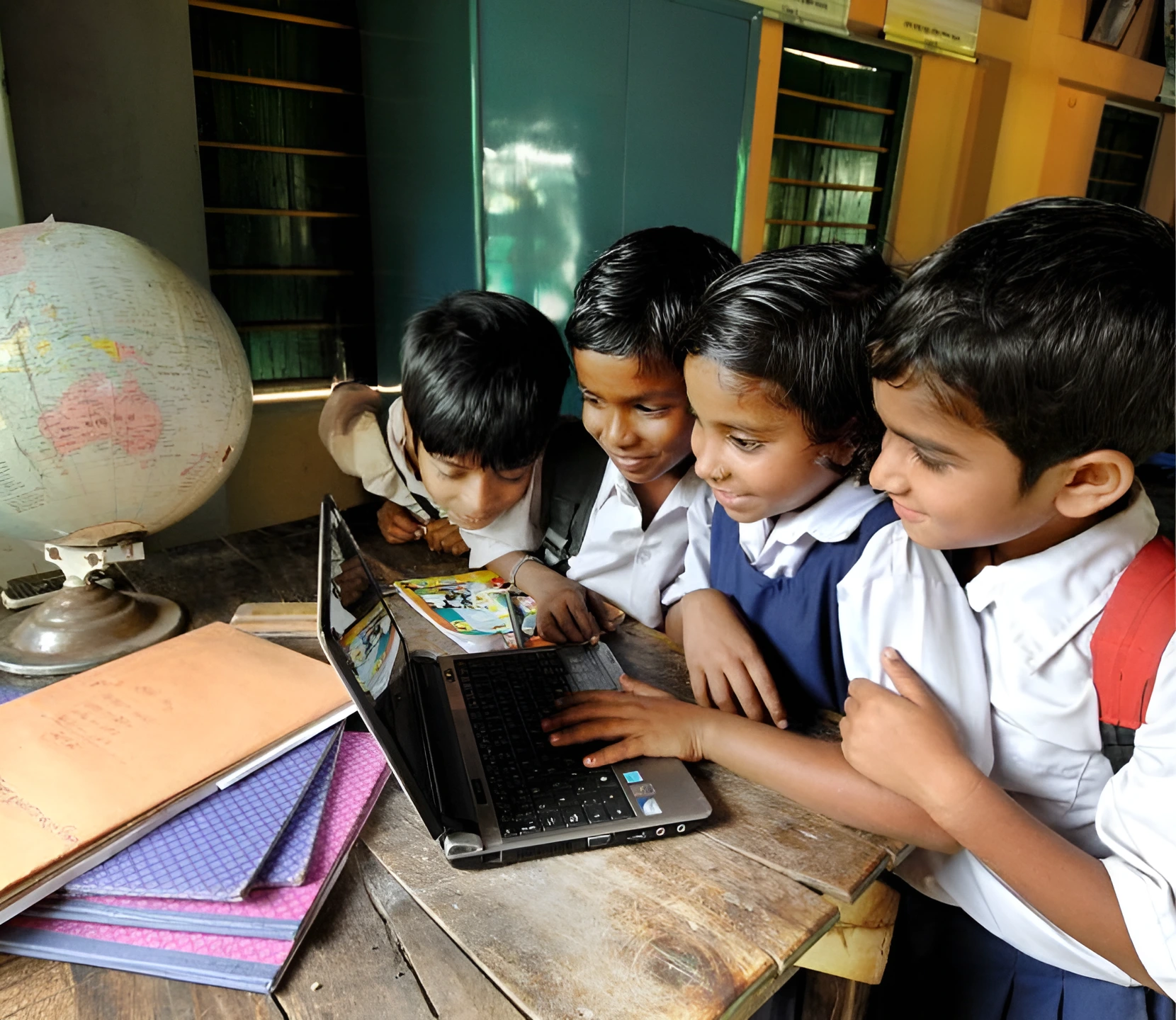
"Empower the Future, One Mind at a Time"
Education is not just about learning—it is a key to unlocking opportunities and transforming lives. Access to quality education empowers individuals to break the cycle of poverty, develop skills for future employment, and contribute to their communities with pride and dignity.
Components of Education

A Pathway to Quality Education
Upgrading Physical Facilities: A key component of uplifting educational institutions is improving the physical infrastructure, including classrooms, libraries, laboratories, and sports facilities.
Access to Utilities: Ensuring that schools have access to essential utilities such as electricity, clean water, and sanitation is critical for maintaining hygiene and a healthy learning atmosphere, especially in underserved or rural areas.
Scholarship Programs: Empowering Education & Opening Doors
Removing financial barriers, scholarships empower individuals to achieve their full potential, fostering talent, promoting diversity, and driving social and economic progress. They are essential tools for equalizing opportunities, enabling students from diverse backgrounds to access quality education and contribute to society.

how we help
Rural Education: Empowering Communities Through Learning
Raising awareness about the importance of education in rural areas is crucial for transforming communities and improving their socio-economic conditions. Many rural families may not fully understand the long-term benefits of education, especially for girls, due to cultural, financial, or traditional factors. Creating awareness can change mindsets and encourage families to prioritize education for their children.
Rural education is key to uplifting entire communities and creating a more equitable society. By improving infrastructure, attracting skilled teachers, integrating technology, and tailoring the curriculum to local needs, we can ensure that children in rural areas receive the quality education they deserve. Empowering rural students through education helps break the cycle of poverty, drives social and economic development, and builds a foundation for sustainable growth in underserved regions.





